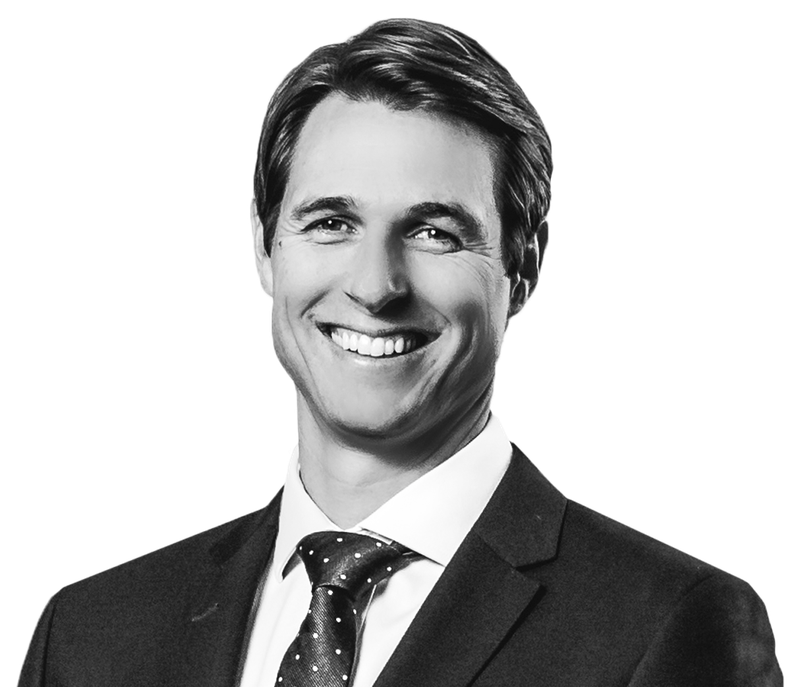Mondi may once have been primarily a paper company, but today three quarters of its revenue comes from packaging and only a quarter from paper. It’s now a vertically integrated global packaging and paper group, with around 26 000 employees and a presence in over 30 countries. It offers more than 100 different packaging and paper products, customised into over 100 000 solutions for customers.
About 80% of Mondi’s production takes place in Europe (including Russia). The group is the global leader in kraft paper (thin cardboard) and industrial bags (think cement bags), and the leading European containerboard producer (corrugated cardboard boxes).
NEW ECONOMY
We view Mondi as a key part of the new economy for two reasons:
- The shift away from bricks-and-mortar retail to e-commerce is resulting in increased demand for packaging, typically in some form of cardboard box
- The rise of environmental awareness is driving a switch away from plastics towards more recyclable forms of packaging – largely paper-based.
Just as there were ways to get rich during the San Francisco gold rush other than from actual mining (for example, by selling shovels, inventing Levi’s jeans, or running a saloon), we see Mondi as capitalising in a different way on the rise of e-commerce in Europe and making profits in the process – unlike most e-commerce players.
Given the commoditised nature of much of its product, Mondi is something of a resource company, so it needs to be low on the cost curve. Product prices are substantially less volatile than those of metals or energy commodities, however. The integrated nature of the business means it should be viewed more like a chemical company, adding value to its base inputs of wood and recycled paper. The group’s multiple product streams, many with substantial value-add, insulate it from fluctuations in the price of wood.
Over 60% of the group’s capacity is in the bottom quartile of the relevant cost curves, with a further 20% in the second quartile. Compared to its competitors, a larger proportion of Mondi’s production takes place in Eastern Europe, where labour is cheaper. The group continues to focus its expansionary investment in this area, further embedding its structural cost advantage over its Scandinavian peers.
Mondi’s key sustainable competitive advantages are scale in its markets and deep integration into customer processes, which create switching costs.
The business typically converts over 90% of accounting operating profits into cash, enabling it to invest in expansion while also paying out healthy dividends. The group should be able to sustainably generate around 20% return on capital employed (24% in 2018, and an average of 21% since 2015), which is well ahead of its cost of capital. Accordingly, Mondi should maintain its path of steadily increasing its intrinsic value.
CAPITAL ALLOCATION
What we like most about Mondi, however, is its relentless focus on optimising capital allocation. The management team is proactive in its decision-making (particularly around cutting underperforming assets), which means capital is continuously being recycled to areas where it’s likely to generate the best return.
In many companies, the possibility of management reinvesting profits into unprofitable (or less profitable) ventures is a real concern. Think of Anglo American’s US$13 billion investment in Minas Rio, or Telkom’s investment in mobile: neither of these endeavours generated free cash flow for a decade. In the case of Mondi, the opposite has happened: judicious investment has over the past 10 years consistently improved the quality and return characteristics of the group.
As always, great businesses are great investments only when you pay an appropriate price for them. Mondi’s current valuation is undemanding at an 11 times forward price-earnings multiple and a 4% dividend yield*.
We expect Mondi to continue to beat its cost of capital, thereby sustainably increasing its intrinsic value. Accordingly, we remain happy holders of the stock.
* All figures are correct as at 6 May 2019.
